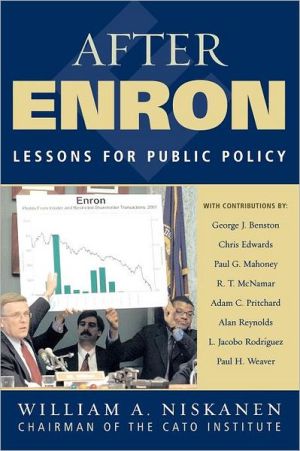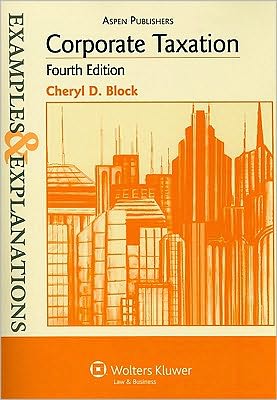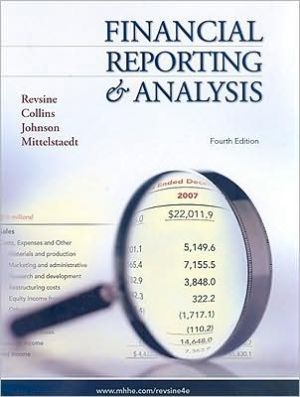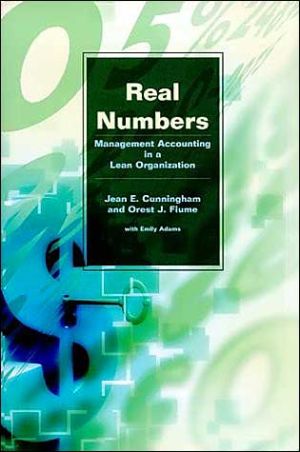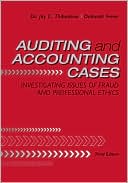After Enron: Lessons for Public Policy
After Enron first describes the conditions that led to the collapse of Enron and other corporate scandals and the concerns that these developments raised among the public, the press, and political officials. The book then describes and evaluates the initial private and public responses to these developments and concludes that most of these responses were unnecessary, harmful, or inadequate. There are four major lessons learned during the post-Enron scandal era: Don't count too much on...
Search in google:
After Enron addresses the major lessons about accounting, auditing, taxation, and corporate governance that are illustrated by the collapse of Enron and other recent major corporate scandals. The book then develops a set of proposals for changes in public policy that would lead accountants, bankers, board members, lawyers, and corporate managers to better serve the interests of the general public.
1A crisis of trust12Major private responses133Political responses to the Enron scandal184Don't count too much on financial accounting475Corporate accounting before and after Enron556Don't count too much on auditing877The formal audit process898The market analysts1019Public and private rule making in securities markets10510Should Congress repeal securities class action reform?12511The business press as a corporate monitor : how the Wall Street Journal and Fortune covered Enron14712Lawyers as corporate monitors17113Bankers as corporate monitors19814The credit rating agencies21815The SEC as a corporate monitor23116Our tax system is a major part of the problem24317Compensation, journalism, and taxes24518Replace the scandal-plagued corporate income tax with a cash-flow tax28319Corporate governance33720Major policy lessons from the collapse of Enron355
\ ChoiceThis is a stimulating and insightful view of the weaknesses of corporate governance and their monitors, and of government policy related to recent corporate scandals. Recommended.\ \ \ \ \ European Policy ForumAfter Enron should be read by all those interested in the regulatory state and the workings of the market place.\ — Frank Vibert\ \ \ Reference and Research Book NewsNiskanen (chairman of the Cato Institute) presents the second book to result from his organization's project assessing the major policy lessons to be drawn from the collapse of the energy giant Enron....This collection of 20 papers consider broader issuers of corporate governance and regulation, including accounting problems and their alternatives, the failure of the entire Enron auditing chain, provisions of the tax code that influence the character of executive compensation and promote the conditions leading to backruptcy, and corporate governance rules that have shifted power to corporate managers relative to shareholders over the past few decades.\ \ \ \ \ Review Of Higher EducationThe big question in corporate governance these days is whether the pendulum has swung too far in the direction of regulation. It comes as no surprise to learn that the Cato Institute, the libertarian-minded Washington think tank, thinks it has. Cato has laid out its case in a book of short, accessible essays titled After Enron....It forces those of us who welcome most of these regulations to think hard and critically about them.\ \
